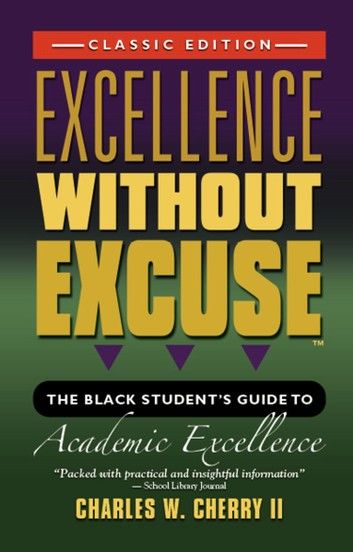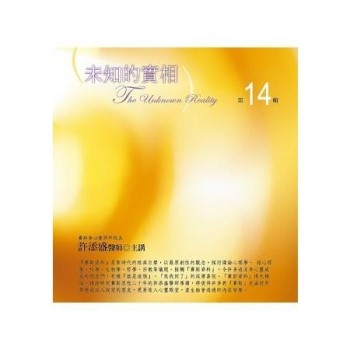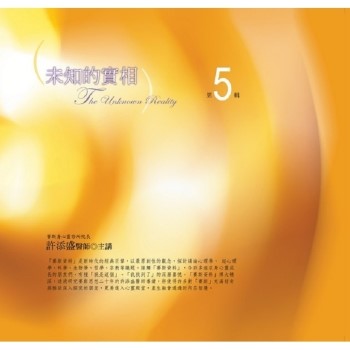| FindBook |
|
有 1 項符合
charles w. cherry ii的圖書 |
 |
$ 270 電子書 | EXCELLENCE WITHOUT EXCUSE TM: The Black Student's Guide to Academic Excellence (Classic Edition)
作者:Charles W. Cherry II 出版社:BookLocker.com, Inc. 出版日期:2012-09-15 語言:英文  看圖書介紹 看圖書介紹
|
|
|
FEW AFRICAN-AMERICAN STUDENTS WERE EVER TAUGHT WHAT'S IN THIS BOOK!
"This guide for African-American college-bound students is packed with practical and insightful information for achieving academic success...The primary focus here is to equip students with the savvy and networking skills to maneuver themselves through the academic maze of higher education."
Book review, School Library Journal
The original version of "Excellence Without Excuse" published in 1992, is now back in print with a new introduction by author Charles W. Cherry II.
The main goal of "Excellence Without Excuse" is to provide Black students with a list of skills that can be developed to increase and improve academic performance, bolster self-esteem and self-confidence.
Written in a conversational tone in easy-to-understand language, "Excellence Without Excuse" takes a practical approach in discussing attitudes and actions that the best academic achievers must develop.
"Excellence Without Excuse" analogizes the system of American education to running an Olympic marathon. Topics are grouped broadly to favorably compare with the Olympic athlete's preseason conditioning (mental and physical preparation for the rigors of academia); starting and running the race (daily class work and studying); and crossing the finish line a winner (successfully passing exams).
Chapter 1 is an introduction in which the author sets the stage by explaining the rationale for writing the book, and by summarizing some of his academic experiences.
Topics covered in Chapters 2-6 include coming to terms with being African-American; identifications of common racial assumptions/stereotypes and why they matter; learning important skills, including listening, time management, speed reading, typing, memory systems, verbal and written English proficiency, using study time wisely, taking notes in textbooks and class, making topic outlines to prepare for tests, and using the library.
Students are also given specific advice on choosing a study group, choosing a professor, image management, manipulating the educational bureaucracy, and how to take different tests (true-false, multiple choice, essay).
The last chapter is a motivational component that will hopefully inspire the student to expand his/her horizons beyond school, and give serious thought about fulfilling a moral obligation to improve the world.
|











